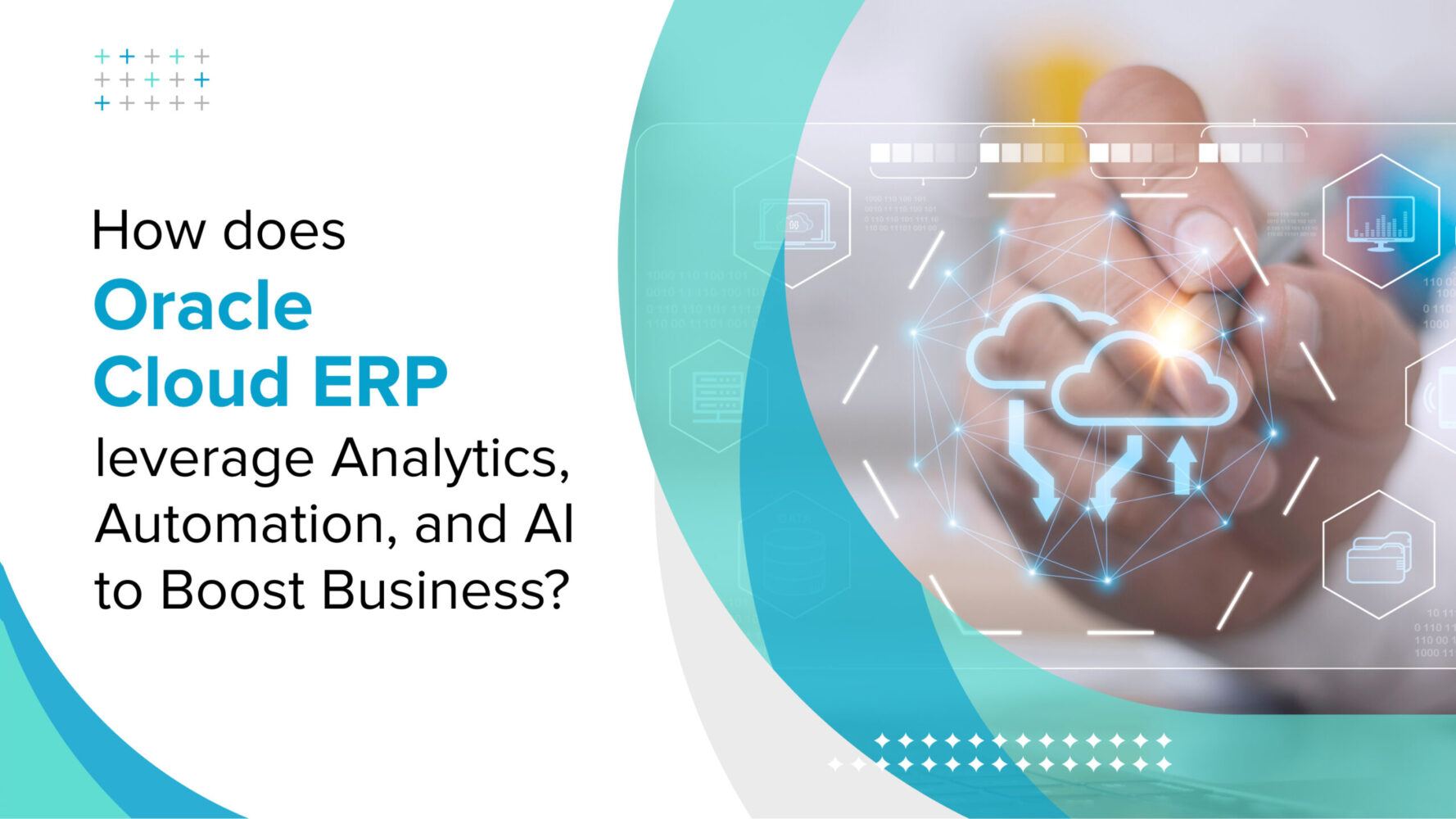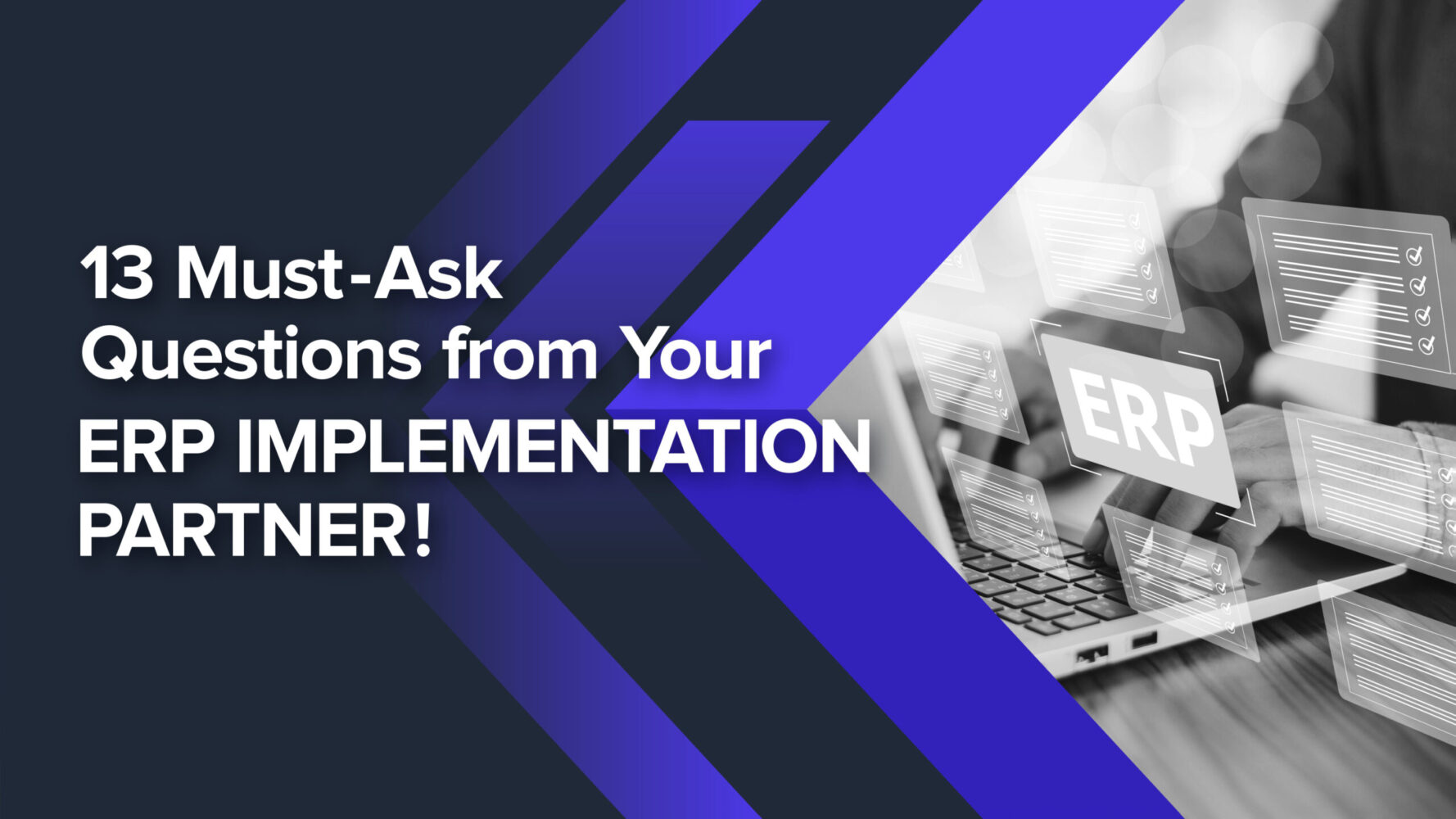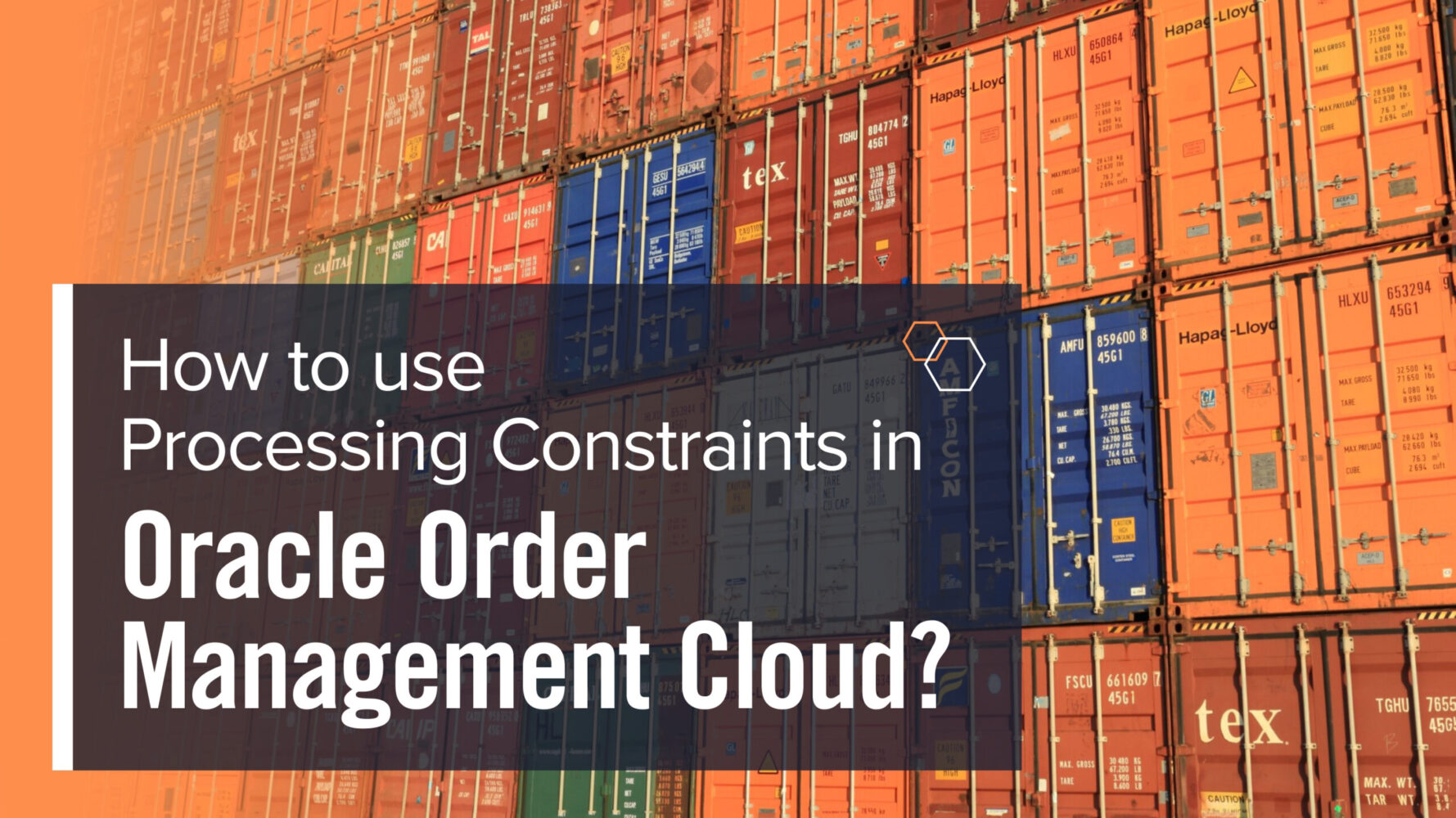Cloud accounting, AI-driven invoice auditing, and machine learning are exciting developments that have made CFOs’ lives easier. Cloud-based accounting has made payments, budgeting, cash flow projections, and invoicing simpler and more manageable. The future of financial technology looks promising.
Who’s a CFO?
A CFO, or Chief Financial Officer, is a corporate executive responsible for financial planning and management. They oversee the company’s financial operations, including budgeting, accounting, and financial reporting. They also work with other executives to create long-term financial plans and strategies. In addition, CFOs are often involved in major financial decisions, such as mergers and acquisitions, and they play a key role in ensuring the company’s financial health.
Oracle Accounting Software is an ERP Cloud component that has been a blessing in disguise for the CFO. The system helps them eliminate worries about handling day-to-day financial transactions and allows increased visibility into performance.
In this blog, let’s see how CFOs leverage financial technology like Oracle Cloud ERP for organizational growth.
- Streamlines Processes: Financial technology revolutionized the way businesses operate. Companies had to rely on manual processes to manage their finances, which was time-consuming and error-prone. Financial technology allows companies to automate their financial operations, saving time and reducing mistakes. It also gives businesses real-time visibility into their financial performance, which helps them make better decisions.
- Automates Processes: Automating finances helps CFOs in several ways. It helps them manage their finances more effectively, keep track of their spending and make better financial decisions. Automating manual processes, such as invoicing and payments, frees CFOs to focus on more strategic tasks. It also helps them communicate with their financial team more effectively and work more closely with other departments within their company. Moreover, automating financial processes reduces workforce dependency on tedious day-to-day tasks and gives time to focus on more critical issues.
- Eliminates Risk: In an ever-changing business landscape, CFOs always look for ways to eliminate risks and improve efficiencies. Financial technology helps them provide real-time data and insights, automate manual processes, and improve communication and collaboration. In addition, it allows CFOs to identify risks early and take corrective action before problems arise.
- Effective Reporting: With the advent of financial technology, reporting has become more effective. Financial technology has made it possible for businesses to track their finances more effectively and to report on their financial performance more accurately. It has made it easier for companies to make informed decisions about their finances and to manage their money more effectively. Financial technology has also made it easier for businesses to share information about their finances with investors and other stakeholders. It has made it easier for companies to raise capital and manage their financial affairs more efficiently.
- Empowers Employees: When new financial systems and processes are implemented, there is a fantastic chance to involve the workforce and equip them with the resources they need to execute their jobs. It empowers employees to work to access the data from anywhere. The tools to ease work helps them focus better and reduce the chances of errors, contributing to both efficiencies and enhancing overall performance.
- Collaboration with the Team: FinTech enables the entire finance department to work together with the same set of data. This unified system enables transparency among the team and allows them to close the financial time and ensure accuracy by eliminating redundancy or errors. Financial technology is a boon to the finance department, especially when closing month-end or year-end books.
- Leverage Analytics: To provide valuable insights, forward-thinking CFOs might incorporate new data sets into statistical and analytical models as they become available. To accurately forecast and gain insight into how an asset on a balance sheet will behave, decision-makers could use big data platforms to connect data sets using Machine Learning techniques and bypass human interaction (and eliminate any human-induced inaccuracy). Investments in real-time data acquisition should result in actionable insights that enable firms to make sound business choices without having to wait for accountants to consult archived data sets.
- Insights into the Data: ERP cloud-based software provides data-driven insights into the functioning of the financial department and the organization’s financial status. These insights enable CFOs to take timely calls and actions to manage the finances and mitigate upcoming risks.
Conclusion
As the role of the CFO continues to evolve, they are increasingly turning to financial technology to help them meet their goals. Financial technology such as Oracle Accounting Software comes in as a gift. It helps CFOs eliminate risk, improve decision-making, and optimize their financial operations.
Click to learn 8 Benefits of Oracle Accounting Software for an Organization.
One way that CFOs can leverage financial technology is by using data analytics to identify risks and opportunities. Data analytics can help CFOs understand their financial data and make more informed decisions. Collaboration can help them improve communication with stakeholders. For instance, they can use dashboards and visualizations to share financial data more understandably. It can help CFOs build trust and transparency with their stakeholders. Additionally, financial technology can help CFOs automate their financial processes and improve their efficiency.
Financial technology can help CFOs make better decisions, improve communication and collaboration, and automate manual processes. In short, financial technology can be a powerful tool for CFOs to improve efficiency.
However, it is essential to start working now to set up the necessary people and technology infrastructure to capitalize on the impending disruption in the finance sector. That is likely to happen with a clear vision and strategy for finance in the digital age. Therefore, ensure your plan for getting there is crystal clear.
Connect with Tangenz IT System Integrators, an Oracle Preferred Partner, to learn more about Oracle ERP and our implementation assistance services.







